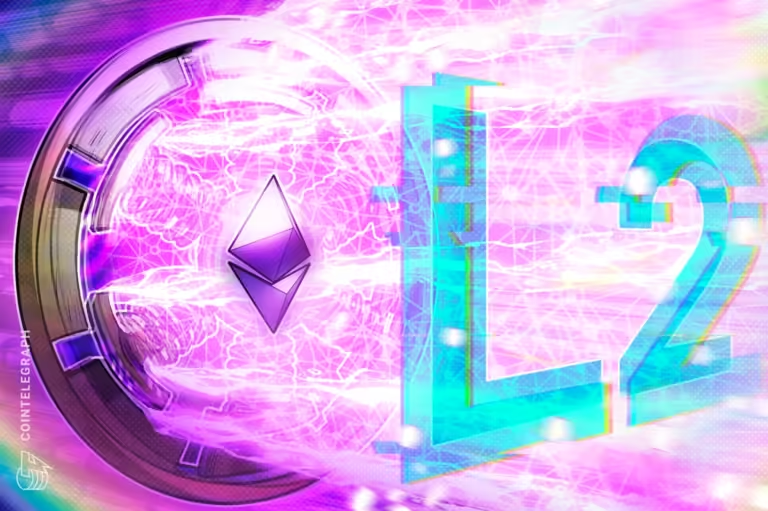A major Ethereum Layer-2 player is in hot water — Scroll, a decentralized network, recently launched its native SCR token, but its airdrop strategy has triggered a storm of controversy. On day one, the token’s price plummeted by 32%, sparking accusations of unfair practices. Here’s what went down, why it matters, and what you need to understand about this situation to stay ahead in the crypto game.
The Situation: A Rough Start for Scroll
Scroll launched its SCR token on October 22 through an airdrop, where they distributed tokens to thousands of users. This type of token giveaway is a common strategy in the crypto world to build awareness and incentivize participation. However, Scroll’s airdrop quickly came under fire. Many users accused the project of being “predatory”, alleging that Scroll’s core team received a disproportionate number of tokens and dumped them on the market to make a quick profit.
Within hours of the launch, the price of SCR dropped by 32%. This was a huge shock for airdrop participants who were hoping to see a surge in token value. Instead, it seemed like whales (large investors) had received a massive chunk of the tokens, potentially leading to a market crash.
The Defense: Airdrop Strategy or Mistake?
Scroll’s co-founder, Sandy Peng, took to social media to defend the project. He refuted claims of intentional manipulation, calling the accusations “wild” and emphasizing that only a “negligible” amount of SCR tokens went to team wallets. Instead, he explained that the main purpose of the airdrop was to provide liquidity for decentralized exchanges (DEXs), not to enrich insiders.
Peng also acknowledged that Scroll had learned from the backlash and planned to fix things with a second, more transparent airdrop. The team is also restructuring, with some members moving on to new roles. This shows that Scroll is taking the criticism seriously and is committed to improving the project’s reputation.
The Bigger Picture: Why This Matters
The SCR token isn’t just any crypto asset. It plays a crucial role in Scroll’s ecosystem, acting as a governance token and a utility token as Scroll moves towards decentralization. This means that SCR holders will have a say in how the protocol evolves and will be able to use the token in various ways as Scroll develops.
Scroll is part of the emerging ZK-rollup movement, which is an advanced scaling solution for Ethereum. ZK-rollups are faster and more efficient than the older optimistic rollups (like Arbitrum). These improvements are vital for Ethereum’s future as they can handle more transactions per second, reduce fees, and make decentralized applications (dApps) run smoother. So, despite the airdrop controversy, Scroll is fighting to establish itself as a strong competitor in the Ethereum ecosystem.
Key Takeaways:
- Airdrop Backlash – Scroll’s airdrop faced backlash because many felt insiders got too many tokens and dumped them, leading to a price crash. This highlights the risks of poorly executed airdrops, which can lead to market manipulation accusations and harm user trust.
- Why It Matters – Scroll is building a ZK-rollup solution to scale Ethereum, making it a crucial part of Ethereum’s future. As ZK-rollups improve transaction speeds and lower costs, they could eventually replace optimistic rollups as the go-to scaling solution.
- The Importance of Transparency – Scroll has learned that clear communication about token distribution is key to maintaining trust in the crypto community. Their response and restructuring show they’re focused on transparency and long-term success.
Why You Should Care
Understanding this controversy isn’t just about keeping up with one project’s drama — it’s about learning the importance of transparency, governance, and community trust in crypto. If you’re looking to dive into decentralized projects or invest in tokens, knowing how tokenomics work (like airdrops, liquidity, and team allocations) will help you avoid scams or poorly managed projects. By staying informed, you can protect yourself and be a smarter player in the crypto world.
In summary, the Scroll airdrop is a perfect example of how things can go wrong when projects don’t carefully manage expectations and community relations. But it also highlights the importance of ZK-rollups in Ethereum’s scaling journey — and why governance tokens like SCR are worth paying attention to in the broader picture of crypto evolution.



